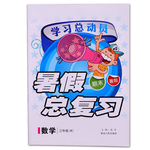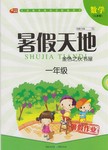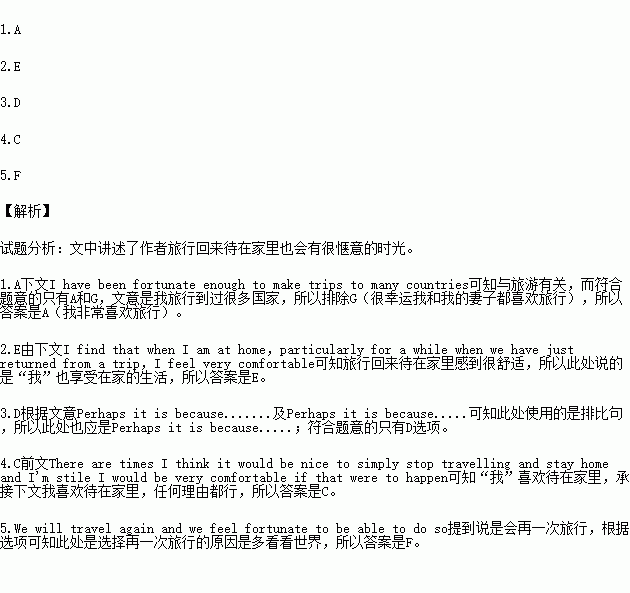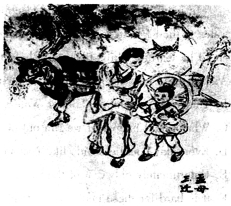题目内容
根据短文内容,从短文后的选项中选出能填入空白处的最佳选项。选项中有两项为多余选项。
It’s Nice to be Home
1. I have been fortunate enough to make trips to many countries.They were wonderful adventures filled with new sights and experiences.And my wife and I have another trip in the planning stages.
We're home now and have settled back into our daily routine of life.2. I find that when I am at home,particularly for a while when we have just returned from a trip,I feel very comfortable.Perhaps it is because everything around me is familiar and the daily routine is so much the same I can move through it almost without thinking.3.Perhaps it is because we can have meals at home instead of always being in restaurants,although it's nice to let someone else do the cooking,and because I can sleep in my own bed.There are times I think it would be nice to simply stop travelling and stay home and I'm stile I would be very comfortable if that were to happen. 4.
Yet I guess I am probably a restless soul because I know that after I have been home for a while I will start to think about other places we might go and other things we want to see.We will travel again and we feel fortunate to be able to do so.5. Still,one of the best things about travelling for me is coming home.I'm very comfortable here at home even if it is difficult to say exactly why.
A.I like to travel very much.
B.I enjoy local food while travelling.
C.I like being home,for whatever reason.
D.Perhaps it is because our friends are here.
E.And I enjoy my daily life at home so much.
F.We want to see as much of the world as we can.
G.It’s lucky that my wife and I both love travelling.
 学期复习一本通学习总动员期末加暑假延边人民出版社系列答案
学期复习一本通学习总动员期末加暑假延边人民出版社系列答案 芒果教辅暑假天地重庆出版社系列答案
芒果教辅暑假天地重庆出版社系列答案

